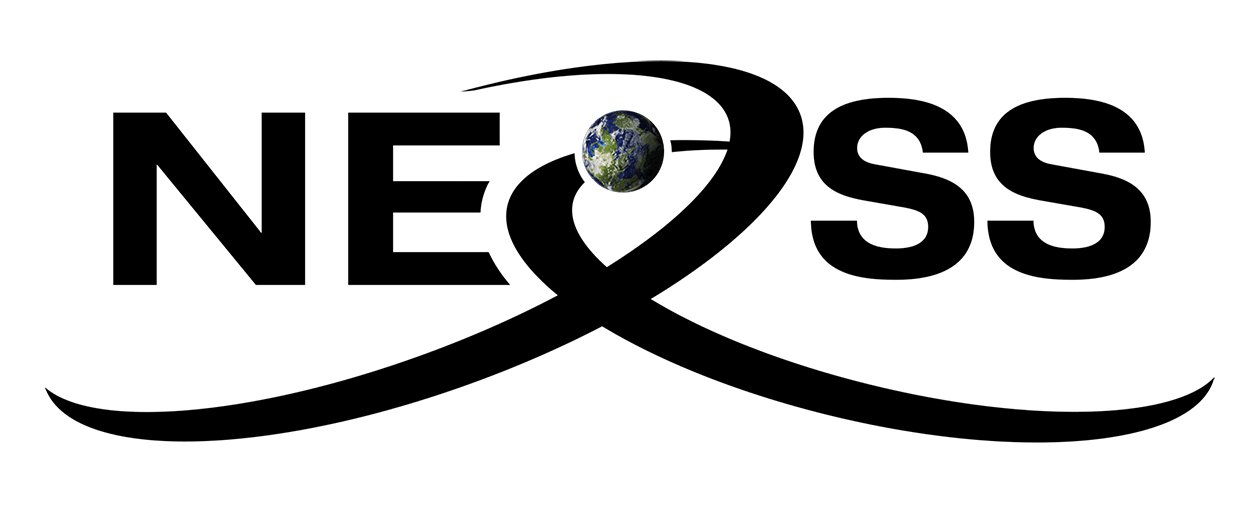
NASA has released the findings of the assessment of the Nexus for Exoplanet System Science (NExSS) that examines the first six years of operation of the first NASA Research Coordination Network (RCN). Results of the assessment will help guide activities to enhance the productivity of existing and future NASA RCNs.
NExSS was established in 2015 to foster interdisciplinary collaboration between scientific communities, both at academic institutions and NASA centers, involved in the study of extrasolar planets and their habitability. This area of study is a rapidly developing field that requires input from a wide range of disciplines. The network aids with communication and coordination of research across disciplinary, organization, divisional, and geographic boundaries.
According to the report, the Assessment Team concluded that, “NExSS has been broadly successful in achieving many of its goals and has contributed positively to the advancement of the field.” Specific details of the progress that NExSS has stimulated are covered in the report as well as suggestions to improve future operations of the network.
The Assessment of NASA’s NExSS RCN, as well as the NASA response to the findings, are available at:
https://science.nasa.gov/wp-content/uploads/2023/11/nexss.report-public-072123.pdf
This report can be found alongside other NASA Planetary Science Division Strategic Guidance at:
https://science.nasa.gov/planetary-science/resources/documents/
